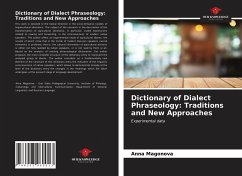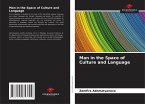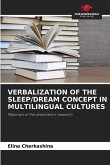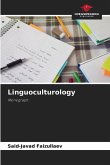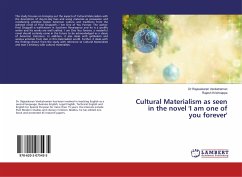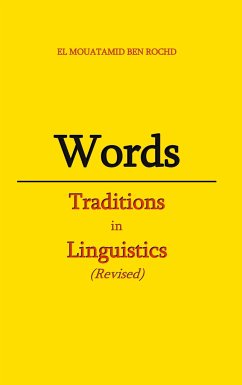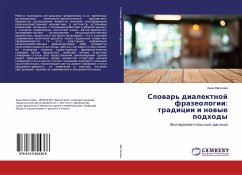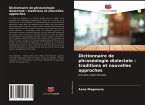This work is devoted to the topical direction in the socio-temporal studies of linguocultural idiomatics. The subject of the research is the description of the transformation of agricultural idiomatics, in particular, stable expressions related to sowing and harvesting, in the consciousness of modern native speakers. The author offers an experimental study of agricultural idioms, the results of which show that in the minds of modern Russian speakers sacred semantics is profaned, that is, the cultural information of agricultural phrases is either not fully realized by native speakers, or is not read by them at all. Based on the analysis of existing phraseological dictionaries, the author proposes the most complete structure of the dictionary entry to represent the analyzed group of idioms. The author considers as a fundamentally new element of the structure of this dictionary entry the indication of the linguistic consciousness of native speakers, which allows to demonstrate already at the level of the dictionary entry the changes in the meanings which the idiom undergoes at the present stage of language development.
Bitte wählen Sie Ihr Anliegen aus.
Rechnungen
Retourenschein anfordern
Bestellstatus
Storno

